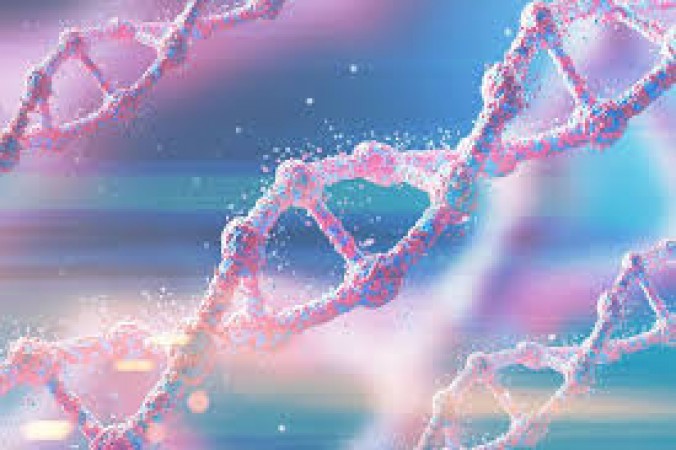
Deoxyribonucleic Acid, commonly known as DNA, is the fundamental building block of life. It carries the genetic instructions that determine the characteristics and traits of every living organism on Earth. From the tiniest microorganisms to complex human beings, DNA plays a crucial role in shaping the diversity of life.
Discovery and Structure of DNA
The discovery of DNA is credited to James Watson and Francis Crick in 1953. They unraveled the iconic double-helix structure of DNA, revealing how two long strands of nucleotides are interconnected like a twisted ladder. The four nucleotide bases—adenine (A), cytosine (C), guanine (G), and thymine (T)—form the "rungs" of the ladder, which encode the genetic information.
DNA Replication: The Miracle of Life
DNA replication is a remarkable biological process that occurs when a cell divides. It ensures that each new cell receives an exact copy of the original DNA, allowing organisms to grow, develop, and repair damaged tissues. Enzymes work diligently to unzip the double helix and synthesize new complementary strands.
DNA Transcription and Translation: From Genes to Proteins
The journey from DNA to proteins involves two critical steps: transcription and translation. During transcription, a specific gene sequence is copied into messenger RNA (mRNA). The mRNA then leaves the cell's nucleus and enters the cytoplasm, where ribosomes translate the code into amino acids, the building blocks of proteins.
Genetic Mutations and Their Impact
Despite the precision of DNA replication and repair mechanisms, mutations can occur. Mutations are changes in the DNA sequence, and they can be caused by various factors, such as environmental influences or errors during replication. Some mutations can have detrimental effects, while others may lead to beneficial traits or genetic diversity.
Understanding DNA Testing and Gene Sequencing
Advances in biotechnology have paved the way for DNA testing and gene sequencing. DNA tests can reveal valuable information about an individual's ancestry, health predispositions, and potential inherited conditions. Gene sequencing, on the other hand, allows scientists to examine entire genomes and understand the genetic basis of diseases.
DNA Technology in Medicine and Agriculture
The application of DNA technology has revolutionized both medicine and agriculture. In medicine, it has led to personalized treatments, gene therapies, and diagnostic tools. In agriculture, genetically modified organisms (GMOs) have been developed to enhance crop yield, pest resistance, and nutrient content.
Ethical Considerations in DNA Research
As the power of DNA technology grows, so does the importance of ethical considerations. Privacy concerns, potential misuse of genetic information, and the implications of genetic engineering raise significant ethical dilemmas that require careful examination and regulation.
The Future of DNA Science and Biotechnology
The future of DNA science holds immense promise and potential. Advancements in gene editing technologies like CRISPR-Cas9 could lead to groundbreaking medical breakthroughs, while synthetic biology may open doors to creating organisms with novel functions. However, careful ethical and societal deliberation is crucial to steer these advancements responsibly. DNA, the intricate code of life, is at the heart of every living being. From its discovery to current applications, DNA has unlocked many mysteries of the natural world and holds the key to a future of unprecedented possibilities. Embracing the power of DNA science while being mindful of ethical considerations will shape the path of human progress and enhance our understanding of life itself.
Lucid to set afloat its new Gravity SUV by 2024 with no hiatus
How to Bake Perfect Chocolate Chip Cookies: A Step-by-Step Guide